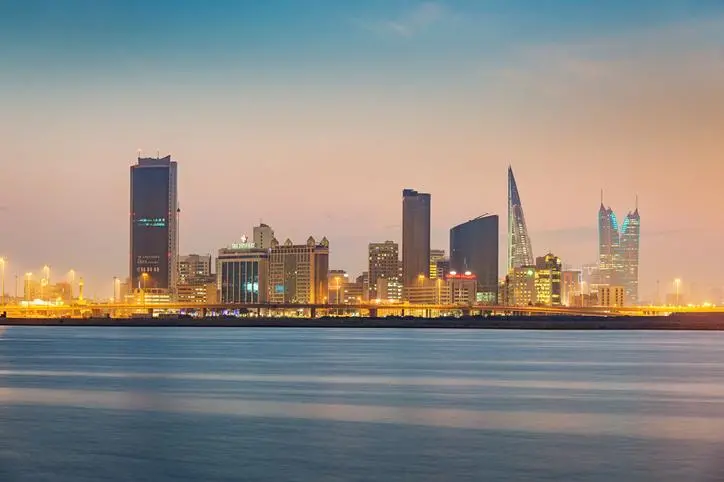PHOTO
Bahrain is experiencing a gradual post-Covid recovery, while the renewed fiscal reform momentum and high oil prices are mitigating Bahrain’s fiscal and external vulnerabilities, said an IMF mission at the end of a visit to Bahrain.
“Growth is projected to accelerate to 3.4 percent in 2022, with non-oil GDP increasing by 4 per cent driven by stronger manufacturing and the full reopening of the economy. Thereafter, growth is projected to stabilise at around 3 per cent over the medium term," said a statement by Asmaa El-Ganainy, who led the mission, which visited Manama from May 8–22 to conduct discussions for the 2022 Article IV consultation.
"Nevertheless, significant uncertainty clouds the forecast, including from the uncertain evolution of the pandemic and the war in Ukraine, as well as the global inflation outlook."
Bahrain has implemented a commendable pandemic policy response, which successfully mitigated the health and economic impact of the Covid-19 crisis, the statement said.
The mission will submit a report to IMF management and Executive Board, which is scheduled to discuss the Article IV Consultation in June.
The strong vaccination campaign covered all residents, was one of the fastest globally, and allowed the broad reopening of the economy in summer 2021. The support package provided relief to the private and banking sectors, helping to contain job losses and corporate strains, the mission said.
The Bahraini economy grew by 2.2 percent in 2021, driven by 2.8 percent growth in non-hydrocarbon GDP while hydrocarbon GDP contracted by -0.3 percent. The recovery was supported by a strong performance in non-hydrocarbon manufacturing as well as by the retail trade and hospitality sectors. CPI inflation remained negative at -0.6 percent on average in 2021.
With the economic recovery and higher oil prices, the state budget deficit narrowed to -6.8 percent of GDP in 2021, while the overall fiscal deficit narrowed to -11.1 percent of GDP, from -17.9 percent of GDP in 2020.
Government debt declined slightly to 129 percent of GDP in 2021 from 130 percent of GDP in 2020. The current account improved markedly and posted a surplus of 6.7 percent of GDP in 2021, after a deficit of -9.3 percent of GDP in 2020.
“The authorities are strongly committed to their reform agenda outlined in the Economic Recovery Plan and the revised Fiscal Balance Program, including ambitious reforms to reduce the fiscal deficit and public debt," it said.
“The current oil price outlook provides an opportunity to proceed with ambitious reforms under favourable macroeconomic and financing conditions and deliver a sizeable medium-term fiscal consolidation that reduces reliance on oil revenue and puts debt on a firm downward path. A stronger fiscal position would also promote the growth of foreign exchange reserves to continue supporting the exchange rate peg, which remains an appropriate monetary anchor," said the statement.
“The financial sector support package cushioned the impact of the pandemic on the real economy but might have masked some vulnerabilities in the banking sector. Phasing out financial sector pandemic support measures would contain the buildup of vulnerabilities and reduce financial stability risks. Continued support of fintech and digitalization could provide a source of growth that needs to be balanced against possible risks.
“Targeted labour market policies would help the recovery and provide employment opportunities for Bahrainis. Staff welcomed the authorities’ revamped strategy to address labour market challenges, as detailed in the recently introduced National Employment Program. Continuing to address skills mismatches and boosting labor market mobility could improve productivity. Finally, incentivising access to finance for women entrepreneurs and promoting the use of digital solutions to boost work flexibility could further improve women’s labor force participation," the mission statement said.
Copyright 2022 Al Hilal Publishing and Marketing Group Provided by SyndiGate Media Inc. (Syndigate.info).





















